Are you studying simple future tenses in English and feeling confused by the differences? By studying these five common differences between "will" and “going to", you will be able to understand and use the correct simple future tense in most situations.

First, let's remember how to conjugate "will" and "going to" in the simple future tense.
Will
I will (I'll)
You will (You'll)
He will (He'll)
She will (She'll)
It will (It'll)
We will (We'll)
You (plural) will (You'll)
They will (They'll)

When to use "will"
Spontaneous ideas
Predictions and hopes
To say a sure fact about the future
To make promises, requests, refusals, offers, and threats
Going to
I am (I'm) going to
You are (You're) going to
He is (He's) going to
She is (She's) going to
It is (It's) going to
We are (We're) going to
You (plural) are (You're) going to
They are (They're) going to

When to use "going to"
A future event or arrangement that is planned before the time of speaking
To make a future prediction based on facts/evidence
A decision made before the time of speaking
To speak about something that is immediately about to happen
1. For Predictions
If you want to predict a future event, both "going to" and "will" can be used. It's a little different for each situation.
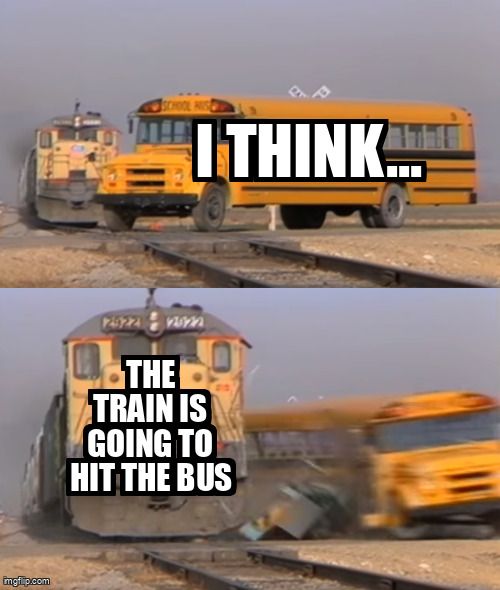
For personal feelings where you don’t have evidence, use "will".
"I think it will rain this afternoon."
"I don't think Sara and John will get married."
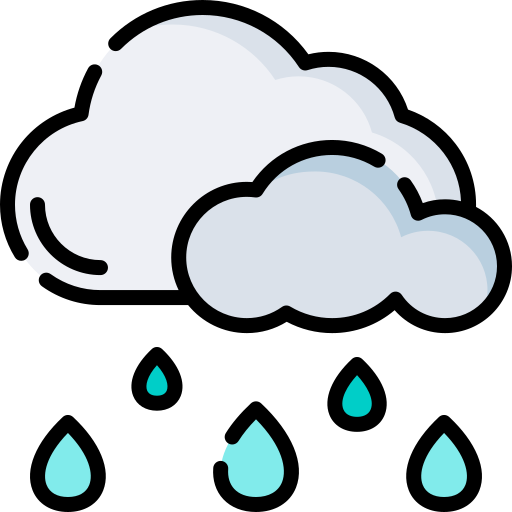
If you have some facts or evidence, use "going to".
"I think it's going to rain this afternoon because the weather report said it could."
"I don't think Sara and John are going to get married because they said they don't want to pay for a wedding."

Quiz
What is the right answer? I think it _______ be sunny this afternoon.
2. For Future Plans
For future plans, you can use both "will" and "going to" depending on the context.
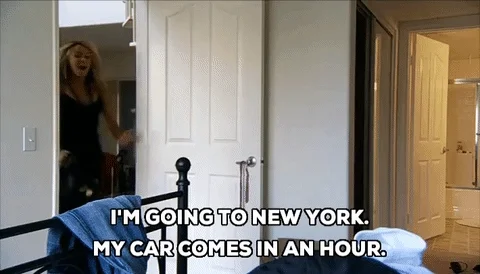
For spontaneous plans made at the moment of speaking use "will".
Example:
"I haven't seen my grandparents in a while. I'll go visit them later today." (The plan is made at the moment of speaking.)

For plans that are already planned and in the future use, "going to".
Examples:
"This summer, we're going to Italy."
"Next weekend, we're going to visit our grandparents." (The plan was made before speaking.)
Quiz
Which is correct? Tomorrow we _____ go to the park with our friends.
3. Decisions
You can use both "will" and "going to" for future decisions but we use them differently if you are making a decision in the moment or you already made a decision about the future.
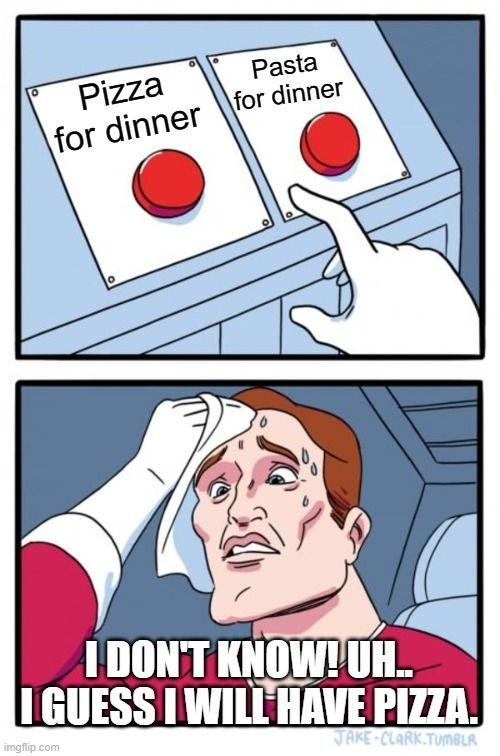
For decisions at the time of speaking, use "will".
Examples:
Mark: "We don't have any more eggs."
Julie: "Ok, I'll get some at the store tonight."
(Julie is deciding at the same moment she speaks that she will buy eggs tonight).

Sara: "Maria, the phone is ringing."
Maria: "Ok! I'll get it."
(Maria decides at that moment she will answer the phone.)

Carol: "What are you having for dinner tonight?"
Laura: "Hmm, I'm not sure. I guess I'll have my leftover pasta for dinner tonight."
(Laura decides what she will eat in the moment she answers the question.)

For decisions made before the time of speaking, use "going to".
Mark: "We don't have any more eggs."
Julie: "I already saw, I'm going to buy some at the store tomorrow."
(Julie decided before replying to Mark that she is going to buy eggs tomorrow.)

Sara: "Maria, the phone is ringing."
Maria: "I know, I'm going to get it."
(Maria decided before Sara spoke to her that she was going to answer the phone.)

Carol: "What are you having for dinner tonight?"
Laura: "I'm going to make pasta for dinner."
(Laura already decided she is going to make pasta for dinner before Carol asks her, "What are you having for dinner tonight?")

Quiz
What is correct? Mary: "Oh no, I forgot to buy flour!" John: "Don't worry, I ___ go get some from the store now!"
4. Future Facts
We can use both "going to" and "will" to talk about future facts as well.
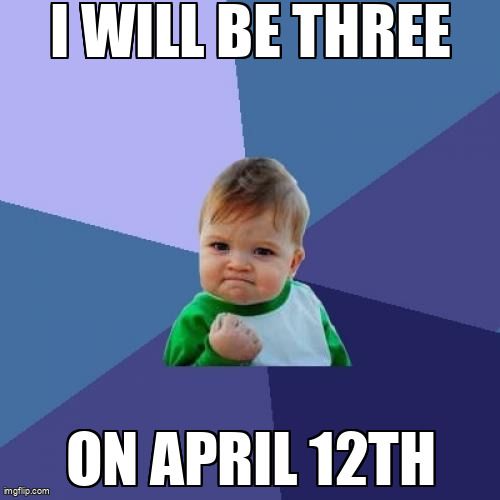
When talking about a certain fact about the future, use "will".
Examples:
"My sister will turn 48 on March 1st."
(Her birthday is the same day every year and it's a certain fact).
It will be 2026 in two years. (This is a known fact).

When something is about to happen or in the very near future, use "going to."
Examples:
"Watch out! Your phone is going to fall off the table."
(The phone is about to fall in that moment).
"Run! The building is going to collapse."
(The speaker can see the building crumbling and can see it is going to fall immediately).

Quiz
Which is correct? Tomorrow ______ be my parents wedding anniversary.
5. Offers, Promises, Requests, Refusals, and Threats
For offers, promises, requests, refusals, or threats, always use "will".
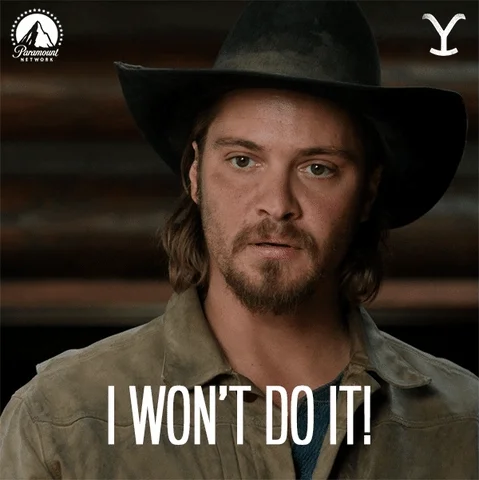
Examples:
Offers
John: "I don't feel well today."
Mary: "Don't worry, I'll make you dinner and some hot tea."

Promises
John: "Thanks for coming all the way to the hospital to see me."
Mary: " No problem. I promise I'll come visit you tomorrow, too."

Requests
John: "Will you help me make breakfast?"
Mary: "Sure, no problem."

Refusals
John: "Clean up the kitchen, please."
Mary: "No! I won't (will not) do it."

Threats:
"If you don't stop, I'll tell your father you're behaving badly."
Take Action
While this Byte doesn't cover every single use of "will" vs. "going to," you've learned the most important ones.
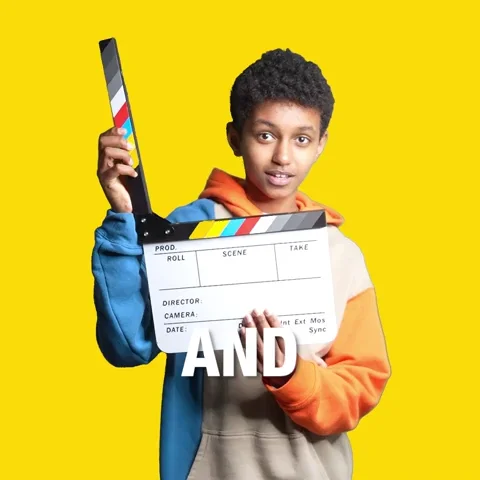
Follow this checklist to keep learning more:
Your feedback matters to us.
This Byte helped me better understand the topic.
